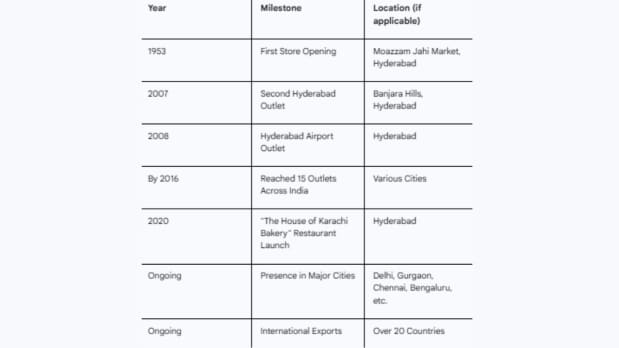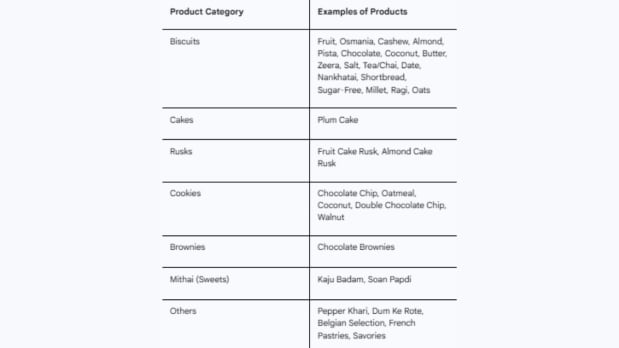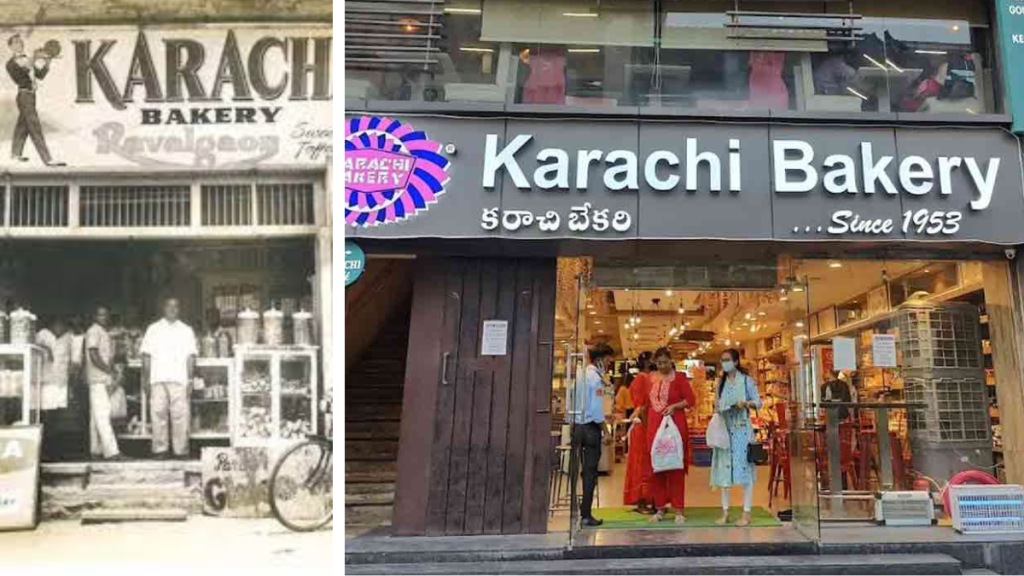Karachi Bakery, one of India’s most recognised names in the bakery and confectionery industry, is once again facing public backlash over its name, following recent military tensions between India and Pakistan. Demonstrations were held outside several outlets in Hyderabad and Visakhapatnam, with protestors demanding a rebranding of the business, which they argue inappropriately bears the name of a city across the border.
The controversy comes in the wake of “Operation Sindoor,” a military action that has reignited nationalist sentiments. In response to the protests, Karachi Bakery has reiterated its Indian identity. “We are a 100% Indian brand, founded in Hyderabad in 1953,” the company said in a public statement. The owners clarified that the name is not indicative of any foreign affiliation, but rather a tribute to the founder’s roots and personal history.
Founded in post-partition India
Karachi Bakery was established in 1953 by Khanchand Ramnani, a Sindhi entrepreneur who migrated from Karachi to Hyderabad during the 1947 Partition of India. Having left behind his original bakery in Karachi, Ramnani chose to name his new establishment after his former home as a way to preserve his heritage. The bakery began as a modest retail outlet in Moazzam Jahi Market and quickly gained a loyal customer base, particularly for its handmade fruit and Osmania biscuits.
These signature products became synonymous with the brand and remain its bestsellers to this day. Fruit biscuits alone continue to account for a substantial portion of its revenue, alongside Osmania and cashew biscuits, with these three items comprising approximately 40% of total sales.
Business growth and expansion
Despite its local beginnings, Karachi Bakery’s expansion has been notable in recent years. Its second outlet opened in Banjara Hills, Hyderabad, only in 2007, more than five decades after its inception. A third outlet followed at the Hyderabad Airport in 2008, marking the start of a nationwide and international growth strategy.

As of 2025, the company operates over 36 outlets across India in major cities such as Delhi, Bengaluru, Chennai, and Gurgaon. It also exports products to more than 20 countries, enhancing its global visibility while remaining headquartered in Hyderabad. Karachi Bakery has further diversified its operations in response to evolving consumer preferences. In 2020, it launched “The House of Karachi Bakery”, an upscale restaurant offering European and Asian cuisine in addition to its traditional bakery items. The company also introduced the ‘Karachi Café’ concept, offering fast food in a casual dining format.
Financial performance and market standing
According to Tracxn data as of March 31, 2024, Karachi Bakery reported annual revenue of Rs 42.3 crore and had a workforce of 105 employees as of July 31, 2024. Remarkably, the company remains unfunded, having achieved its growth organically without external venture capital or private equity investment.

Despite operating in a competitive environment with rivals such as Theobroma and The Baker’s Dozen, both of which have benefited from external funding and aggressive expansion, Karachi Bakery ranks 9th among 58 active competitors in India’s bakery and confectionery segment. This performance underscores the strength of its brand loyalty and the continued popularity of its legacy products.
A brand under scrutiny
While Karachi Bakery’s origins and contributions to India’s culinary landscape are well established, its name has periodically attracted controversy, particularly during periods of heightened Indo-Pak tensions. In both 2019 and 2025, protestors accused the bakery of being unpatriotic due to its name, prompting the company to cover or downplay the word “Karachi” on signage in some locations as a precautionary measure.
The company has consistently defended its position, stating that the name is “a part of our history” and emphasising that its operations are entirely Indian. The brand has appealed to the public to recognise its heritage, quality, and contributions to India’s food industry. Whether public sentiment will affect the bakery’s performance remains to be seen, but its legacy, as an Indian brand with historical roots, remains firmly intact.

